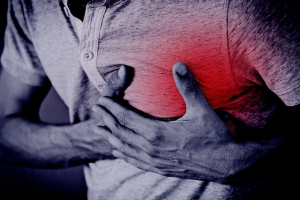Cadmium leaking from iron water pipes into drinking water may be a primary cause of increased risk of atherosclerosis – the increased risk of a buildup of plaque on the inside of the artery walls with inflammation as a consequence. This is the thesis of the Danish cardiologist Anton Dorph-Petersen.

Dr. Dorph-Petersen asserts that the danger of cadmium toxicity is greatest in regions of the world in which the selenium content of the soil and plants is low and in regions of the world in which there is low dietary intake of selenium containing fish [Dorph-Petersen 2017].
Let me lay out Dr. Dorph-Petersen’s reasoning step by step. His hypothesis has not yet been verified by clinical trials.
However, we do know from a survey of 15,689 study participants in the US that low blood selenium and high blood cadmium are independent risk factors for heart failure.

